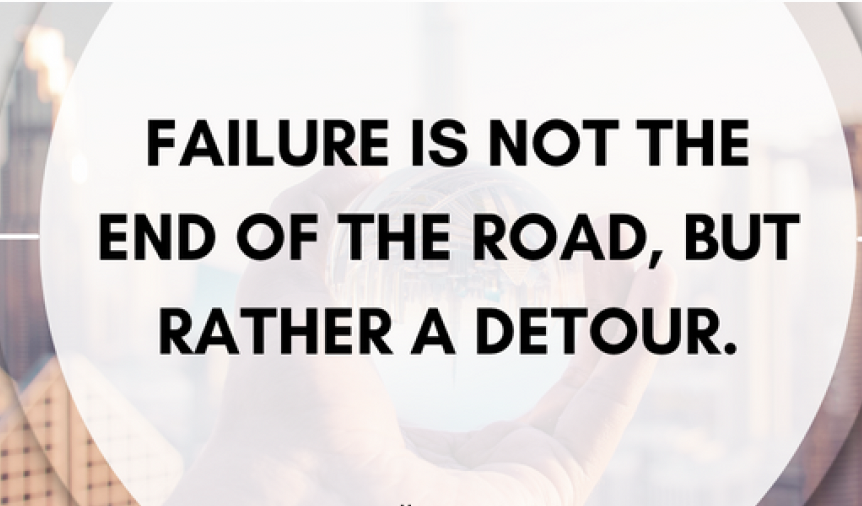Failure and success are two sides of the same coin, intricately intertwined with our mental health. In our journey through life, we encounter numerous challenges, setbacks, and triumphs, each leaving a profound impact on our psychological well-being. In this blog post, we will delve into the intricate relationship between failure, success, and mental health, exploring how they influence and shape one another.

MY STORY
NAVIGATING THE COMPLEX RELATIONSHIP BETWEEN FAILURE, SUCCESS, AND MENTAL HEALTH
Failure and success are two sides of the same coin, intricately intertwined with our mental health. In our journey through life, we encounter numerous challenges, setbacks, and triumphs, each leaving a profound impact on our psychological well-being. In this blog post, we will delve into the intricate relationship between failure, success, and mental health, exploring how they influence and shape one another.
Understanding failure: failure is often viewed negatively in society, associated with disappointment, shame, and inadequacy. However, it is essential to reframe our perspective on failure and recognize it as a natural and inevitable part of the human experience. Failure provides invaluable lessons, opportunities for growth, and resilience-building experiences. It teaches us to persevere, adapt, and develop a growth mindset.
The psychological impact of failure: despite its potential for growth, failure can take a toll on our mental health. Repeated setbacks can lead to feelings of self-doubt, worthlessness, and anxiety. The fear of failure may prevent individuals from taking risks and pursuing their goals, ultimately hindering personal and professional development. It is crucial to acknowledge and address these negative emotions, practicing self-compassion and seeking support when needed.
Embracing success: success is often celebrated and admired, symbolizing achievement, recognition, and fulfillment. However, the path to success is rarely linear, paved with challenges, sacrifices, and moments of doubt. It is essential to celebrate our successes, no matter how small, and acknowledge the hard work and perseverance that led to them. Moreover, success should not be equated solely with external validation but also with personal growth, fulfillment, and inner peace.
The pressure of success: while success brings its own set of rewards, it can also be accompanied by immense pressure and expectations. The fear of failure may intensify as individuals strive to maintain their success and meet heightened expectations. Imposter syndrome, feelings of inadequacy, and burnout are common challenges faced by high achievers. It is crucial to cultivate a healthy relationship with success, prioritizing self-care, balance, and authenticity.
The intersection of failure, success, and mental health: the relationship between failure, success, and mental health is complex and multifaceted. Failure can act as a catalyst for personal growth and resilience, while success can bring validation and fulfillment. However, both failure and success can impact our mental health, influencing our self-esteem, confidence, and overall well-being. It is essential to cultivate resilience, self-awareness, and emotional intelligence to navigate the ups and downs of life effectively.
Strategies for maintaining mental health: to maintain our mental health in the face of failure and success, it is essential to adopt healthy coping mechanisms and self-care practices. This may include mindfulness meditation, regular exercise, journaling, seeking therapy or counselling, and cultivating a strong support network. Additionally, reframing our perspective on failure and success, embracing vulnerability, and practicing self-compassion can help build resilience and foster a positive mindset.
Conclusion: in conclusion, the relationship between failure, success, and mental health is intricate and dynamic. While failure and success are inevitable parts of life, it is how we perceive and respond to them that ultimately shapes our mental well-being. By reframing our perspective, embracing vulnerability, and prioritizing self-care, we can navigate the challenges of failure and success with resilience and grace, fostering a healthier and more fulfilling life.
-fadiya shaideen



